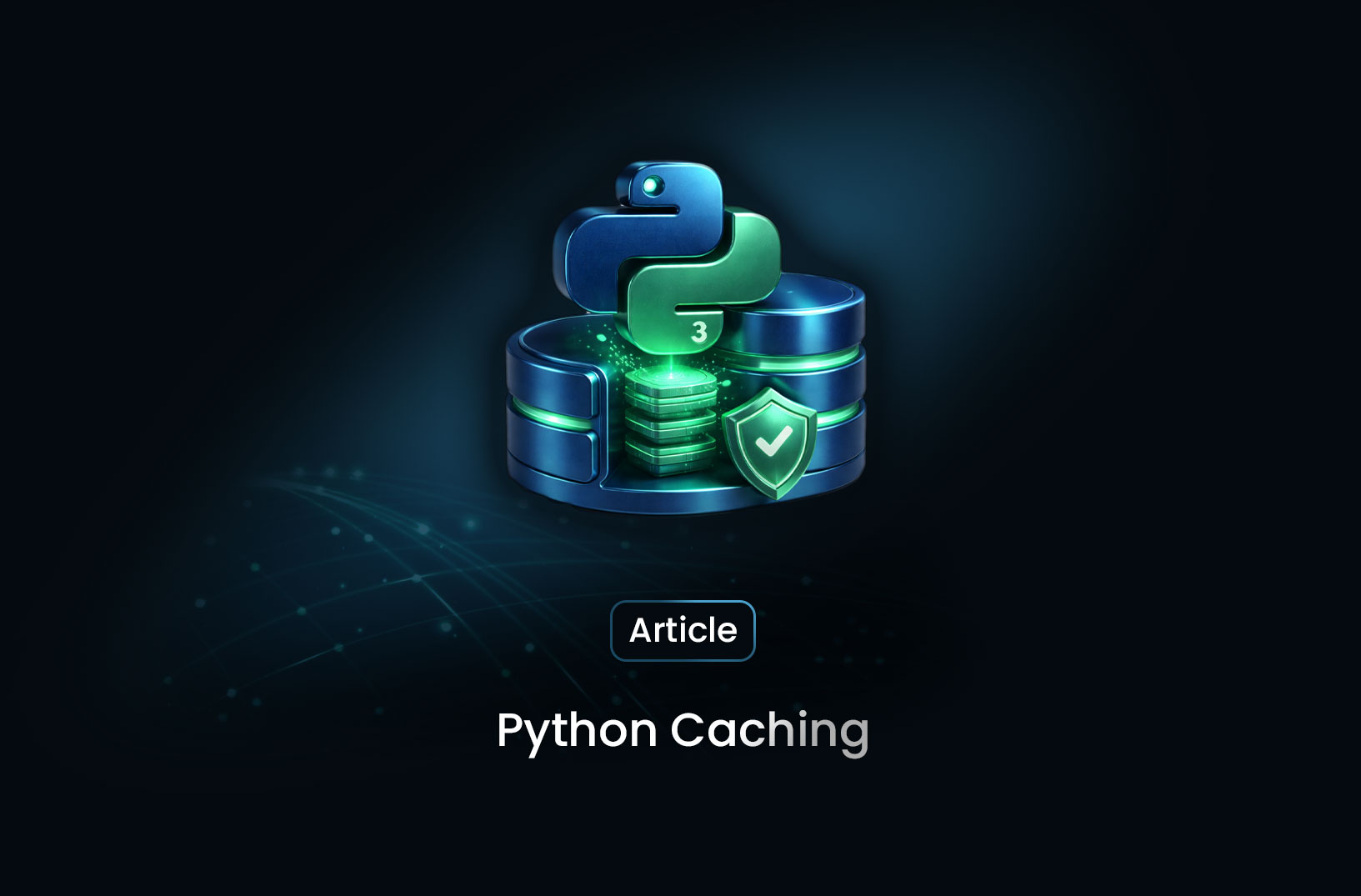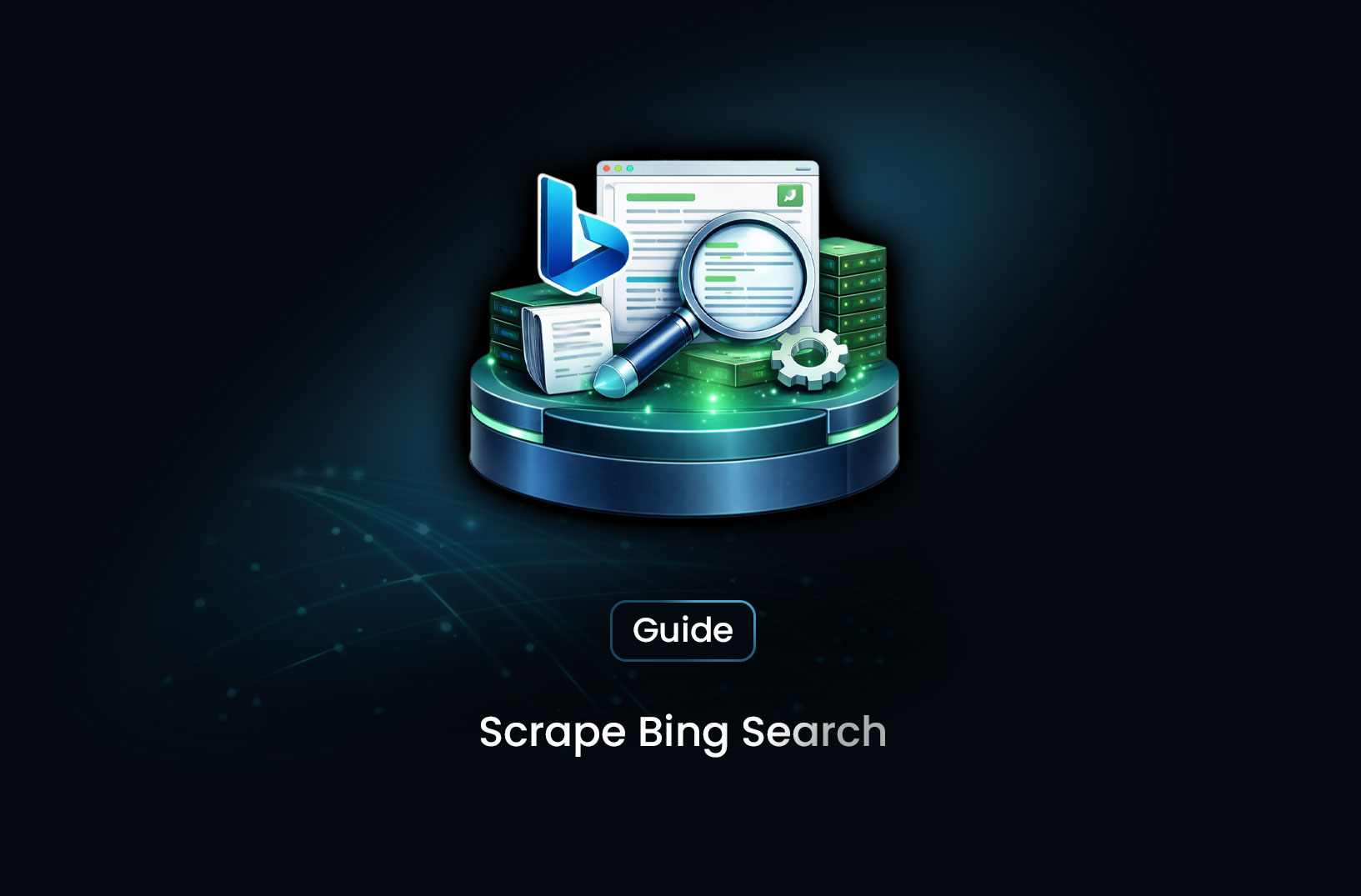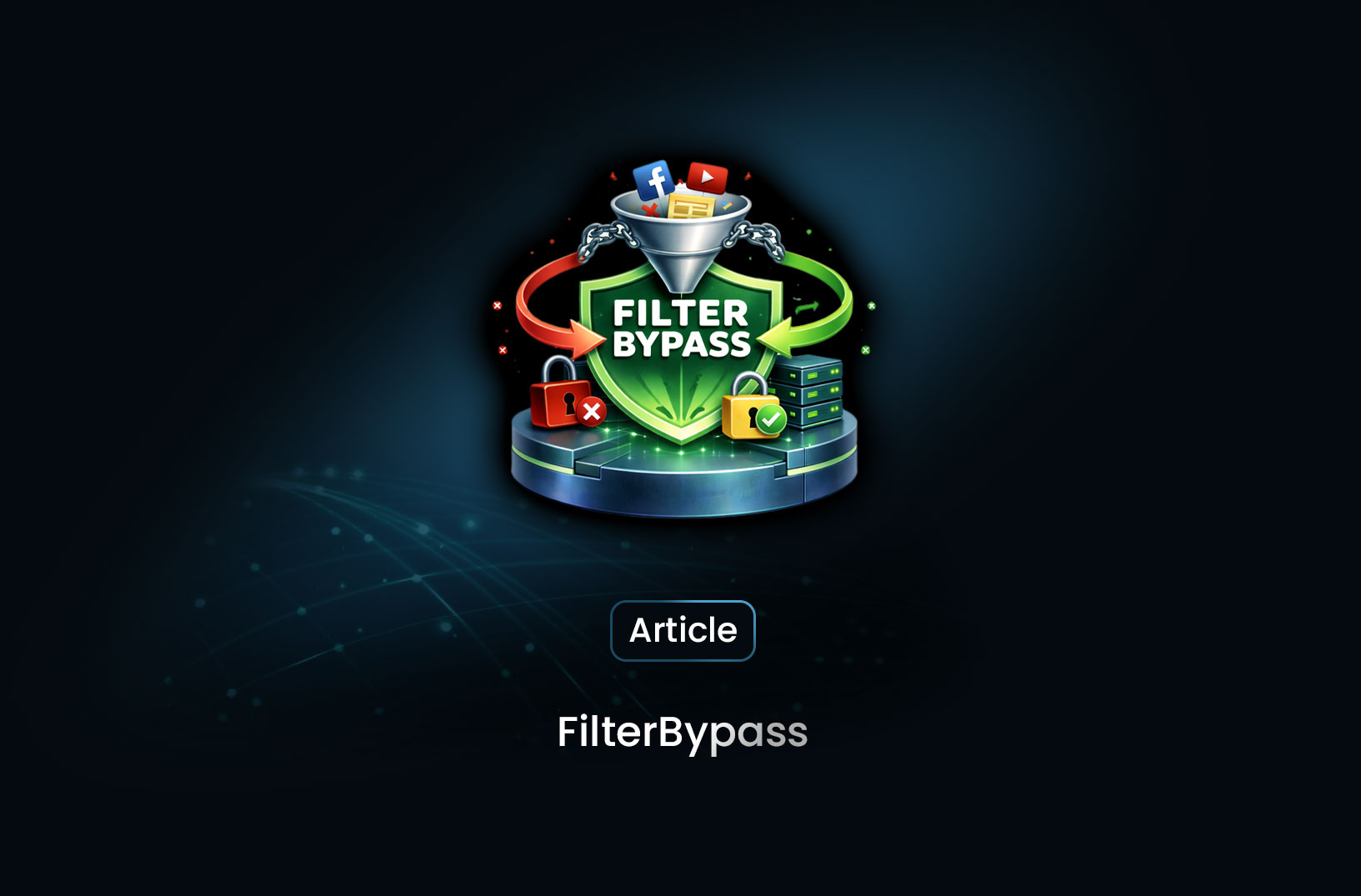
Speed Up Web Scraping with Python Caching
ArticlePython provides several ways to implement caching in your web scraping projects: 1. Dictionaries 2. Decorators 3. Third-Party Libraries
 In the fast-paced world of web scraping, efficiency is everything. To stay ahead, you need to extract data quickly and reliably. One powerful technique for optimizing performance is caching, which can significantly boost the speed and effectiveness of your web scraping projects.
In the fast-paced world of web scraping, efficiency is everything. To stay ahead, you need to extract data quickly and reliably. One powerful technique for optimizing performance is caching, which can significantly boost the speed and effectiveness of your web scraping projects.
What is Caching and How Does it Work in Web Scraping?
Caching involves creating a temporary copy of frequently accessed data during a scraping session. This data is stored in a readily accessible location, such as RAM, for quicker retrieval. Think of it like having frequently borrowed books at the front of the library – ready to grab at a moment’s notice. This same principle applies to caching in web scraping, where storing frequently used data can dramatically improve performance.
How Can Caching Help Your Web Scrapes?
Caching can greatly enhance your web scraping efficiency in several ways:
- Reduced Server Load: By caching, you minimize the number of requests sent to the target website, reducing server load and lowering the risk of being blocked.
- Faster Data Extraction: Retrieving data from the cache is much faster than fetching it from the source each time. This speeds up your scraping process significantly.
- Improved Scalability: Caching enables your scraper to handle larger datasets more efficiently, allowing you to scale your scraping operations with ease.
For a deeper understanding of language performance, check out our previous blog, "Python vs C++: A Developer's Perspective", which explores the strengths of Python and C++ in web scraping.
Implementing Caching in Your Python Web Scraper
Python provides several ways to implement caching in your web scraping projects:
- Dictionaries: Simple Python dictionaries can store key-value pairs like URLs and their HTML content. This approach works well for smaller projects where you need direct control over the cache.
- Decorators: Python decorators can add caching functionality to your scraping functions, helping you maintain cleaner and more reusable code.
- Third-Party Libraries: Consider using libraries like
cachetoolsordiskcachefor more advanced caching needs. These libraries offer features like expiration policies and automatic cache invalidation, making them ideal for larger or more complex scraping projects.
Important Considerations:
- Cache Size: Determine an appropriate cache size based on your memory availability and the volume of data.
- Expiration Policies: Define how long cached data should remain valid before being refreshed.
- Eviction Policies: Choose a strategy like Least Recently Used (LRU) to manage your cache size and ensure the most relevant data is prioritized.
- Cache Invalidation: Implement mechanisms to invalidate cached data when the original source is updated, ensuring your scraper always retrieves fresh content.
By effectively using caching, you can significantly boost the speed and reliability of your web scraping projects. Embrace caching, and watch your scraper's performance reach new heights!
Find more insights here

Scrape Bing Search: A Practical Technical Guide
Bing scraping blocked? Discover how to bypass rate limits and bot detection to extract URLs, titles,...

FilterBypass: Unblocking Restricted Sites in a Simple Way
FilterBypass is a free web proxy that acts as an intermediary between your browser and the target si...

YouTube.com Unblocked: Accessing YouTube When It’s Restricted
Learn how to access YouTube unblocked on school, work, or regional networks. Explore VPNs, proxies,...
